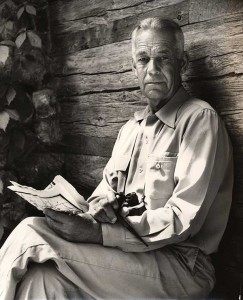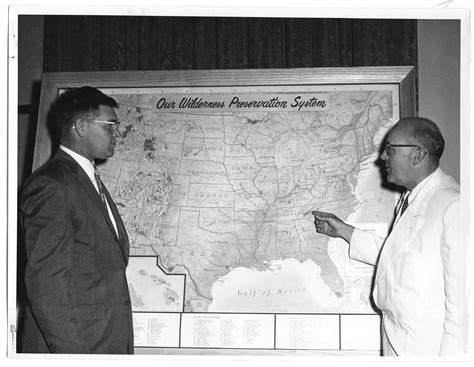A Quote by James Russell Lowell
One thorn of experience is worth a whole wilderness of warning.
Quote Topics
Related Quotes
There's a story... a legend, about a bird that sings just once in its life. From the moment it leaves its nest, it searches for a thorn tree... and never rests until it's found one. And then it sings... more sweetly than any other creature on the face of the earth. And singing, it impales itself on the longest, sharpest thorn. But, as it dies, it rises above its own agony, to outsing the lark and the nightingale. The thorn bird pays its life for just one song, but the whole world stills to listen, and God in his heaven smiles.
A golden chain is as much a chain as an iron one. Shri Ramakrishna used to say that, to pick out one thorn which has stuck into the foot, another thorn is requisitioned, and when the thorn is taken out, both are thrown away. So the bad tendencies are to be counteracted by the good ones, but after that, the good tendencies have also to be conquered.
Wilderness can be appreciated only by contrast, and solitude understood only when we have been without it. We cannot separate ourselves from society, comradeship, sharing and love. Unless we can contribute something from wilderness experience, derive some solace or peace to share with others, then the real purpose is defeated.
We deeply need the humility to know ourselves as the dependent members of a great community of life, and this can indeed be one of the spiritual benefits of a wilderness experience. ... [T]o know the wilderness is to know a profound humility, to recognize one's littleness, to sense dependence and interdependence, indebtedness and responsibility.
What the Indians are saying is that they are recognizing the right of wilderness to be wilderness. Wilderness is not an extension of human need or of human justification. It is itself and it is inviolate, itself. This does not mean that, therefore, we become separated from it, because we don't. We stay connected if, once in our lives, we learn exactly what that connection is between our heart, our womb, our mind, and wilderness. And when each of us has her wilderness within her, we can be together in a balanced kind of way. The forever, we have that within us.







































